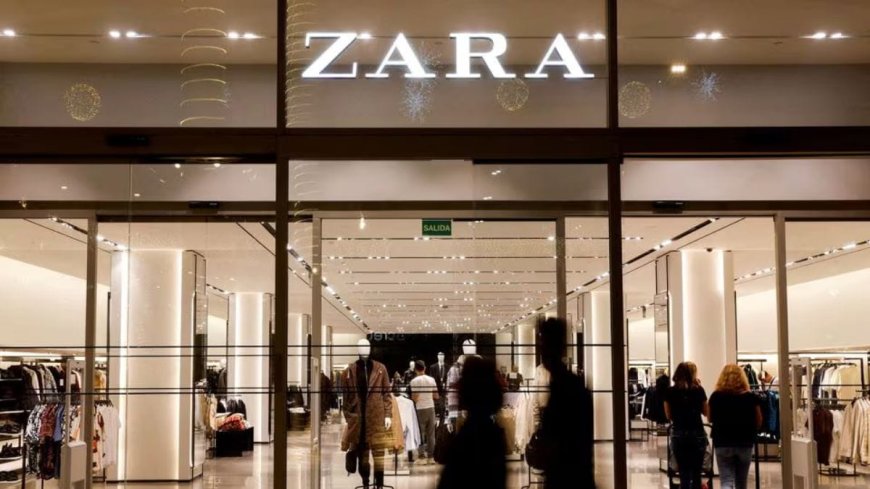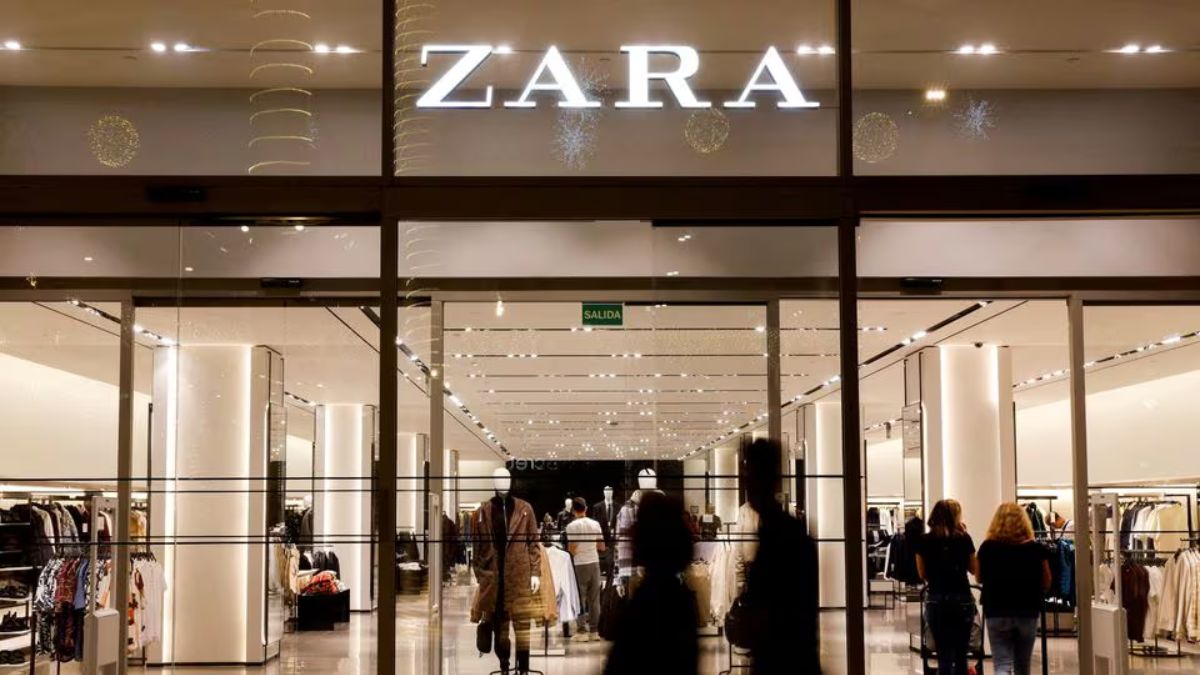Do Zara’s factories use child labour, harm environment? Investors want to know
Do Zara's factories use child labour, harm environment? Investors want to know Firstpost

Investors Call for Increased Supply Chain Transparency from Inditex
)
Inditex, the company that owns Zara, is being urged by investors to disclose the complete list of its suppliers in order to better evaluate supply chain risks. This move follows the footsteps of competitors H&M and Primark, who have already disclosed their supplier lists. The lack of transparency from Inditex, compared to other major apparel retailers, has raised concerns among investors and regulators who are pushing for improved disclosure and increased transparency from businesses.
Sustainable Development Goals (SDGs)
- Goal 8: Decent Work and Economic Growth
- Goal 12: Responsible Consumption and Production
- Goal 16: Peace, Justice, and Strong Institutions
Apparel retailers, in particular, are under pressure to demonstrate that their supply chains are free of forced labor and that wages for garment workers are fair. The recent attention drawn to Chinese fashion company Shein by U.S. lawmakers due to supply chain risks highlights the importance of addressing these issues.
In the European Union, proposed rules that would require all big companies to disclose whether their supply chains harm the environment or use child labor have faced disagreements and stalled progress. Proposed sanctions for non-compliance could include fines of 5% of revenue.
Several fashion brands and retailers, including Adidas, H&M, Hugo Boss, M&S, Nike, Primark, and Puma, have already taken steps to publish detailed supplier lists, including factory names and addresses. However, Inditex only publishes the number of suppliers it sources from in 12 core countries annually, without providing information on individual factories.
Investors’ Demands for Improved Disclosure
- Dutch asset manager MN, which leads the Inditex dialogue for Platform Living Wage Financials (PLWF), a group of 20 institutional investors with combined assets under management of 6.58 trillion euros ($7.16 trillion), has requested Inditex to disclose a list of its suppliers and their geographical locations. MN emphasizes the importance of this information for due diligence and to assess Inditex’s commitment to maintaining high standards in its supply chain.
- Other investors, including Artemis Investment Management and Clearbridge Investments, have also called for more clarity and supply chain disclosure from Inditex. They believe that increased transparency is crucial in light of the growing scrutiny around environmental, social, and governance (ESG) factors.
- Inditex founder Amancio Ortega holds a 59% stake in the company, with a 5% stake held by his daughter Sandra Ortega. The combined stake of the five investors who responded to Reuters’ questions is worth around $2 billion.
Despite these demands for improved disclosure, Inditex has declined to comment on the investors’ requests to publish its full supplier list. The company claims to have a traceability system that provides maximum visibility of its supply chain and maintains a deep commitment to high standards.
Impact on Investment Decisions
Improved disclosure, along with other environmental, sustainability, and governance factors, can influence investment decisions. Investors, such as Cardano and Schroders, track companies’ awareness of manufacturing sites and encourage transparency in the apparel industry. Norway’s sovereign wealth fund, which holds a $1.4 billion stake in Inditex, regularly engages with the company on supply chain risk management, human rights, and transparency.
While the investors who spoke to Reuters have not considered divesting from Inditex, they emphasize the importance of addressing human rights due diligence in the global supply chain.
Conclusion
As the demand for sustainable and ethical practices grows, businesses like Inditex are facing increasing pressure to improve supply chain transparency. The Sustainable Development Goals (SDGs), particularly Goals 8, 12, and 16, highlight the importance of fair labor practices, responsible consumption and production, and strong institutions. By disclosing their full supplier list and providing more transparency in their supply chain, companies can demonstrate their commitment to these goals and meet the expectations of investors and regulators.
SDGs, Targets, and Indicators in the Article
-
SDG 8: Decent Work and Economic Growth
- Target 8.7: Take immediate and effective measures to eradicate forced labor, end modern slavery and human trafficking, and secure the prohibition and elimination of the worst forms of child labor.
- Indicator: The article mentions that apparel retailers are under pressure to demonstrate that their supply chains are free of forced labor and that wages for garment workers are fair.
-
SDG 12: Responsible Consumption and Production
- Target 12.6: Encourage companies, especially large and transnational companies, to adopt sustainable practices and to integrate sustainability information into their reporting cycle.
- Indicator: The article discusses the proposed rules in the European Union that would require all big companies to disclose whether supply chains harm the environment or use child labor.
Table: SDGs, Targets, and Indicators
| SDGs | Targets | Indicators |
|---|---|---|
| SDG 8: Decent Work and Economic Growth | Target 8.7: Take immediate and effective measures to eradicate forced labor, end modern slavery and human trafficking, and secure the prohibition and elimination of the worst forms of child labor. | The article mentions that apparel retailers are under pressure to demonstrate that their supply chains are free of forced labor and that wages for garment workers are fair. |
| SDG 12: Responsible Consumption and Production | Target 12.6: Encourage companies, especially large and transnational companies, to adopt sustainable practices and to integrate sustainability information into their reporting cycle. | The article discusses the proposed rules in the European Union that would require all big companies to disclose whether supply chains harm the environment or use child labor. |
Behold! This splendid article springs forth from the wellspring of knowledge, shaped by a wondrous proprietary AI technology that delved into a vast ocean of data, illuminating the path towards the Sustainable Development Goals. Remember that all rights are reserved by SDG Investors LLC, empowering us to champion progress together.
Source: firstpost.com

Join us, as fellow seekers of change, on a transformative journey at https://sdgtalks.ai/welcome, where you can become a member and actively contribute to shaping a brighter future.







